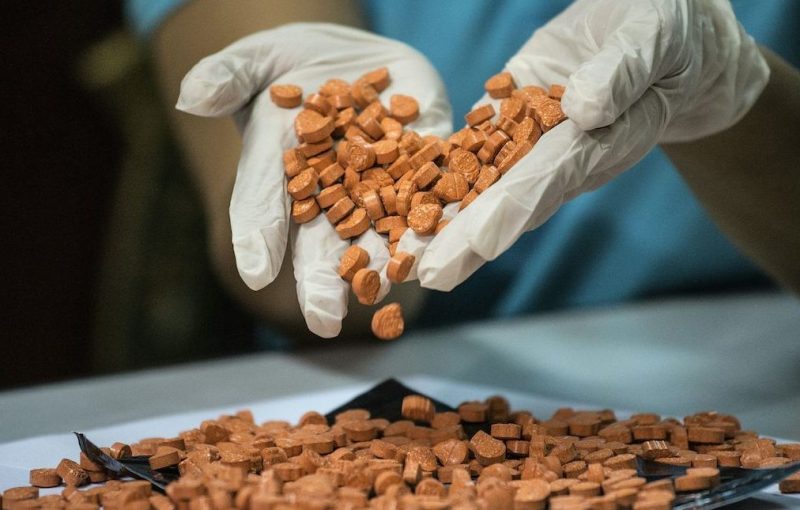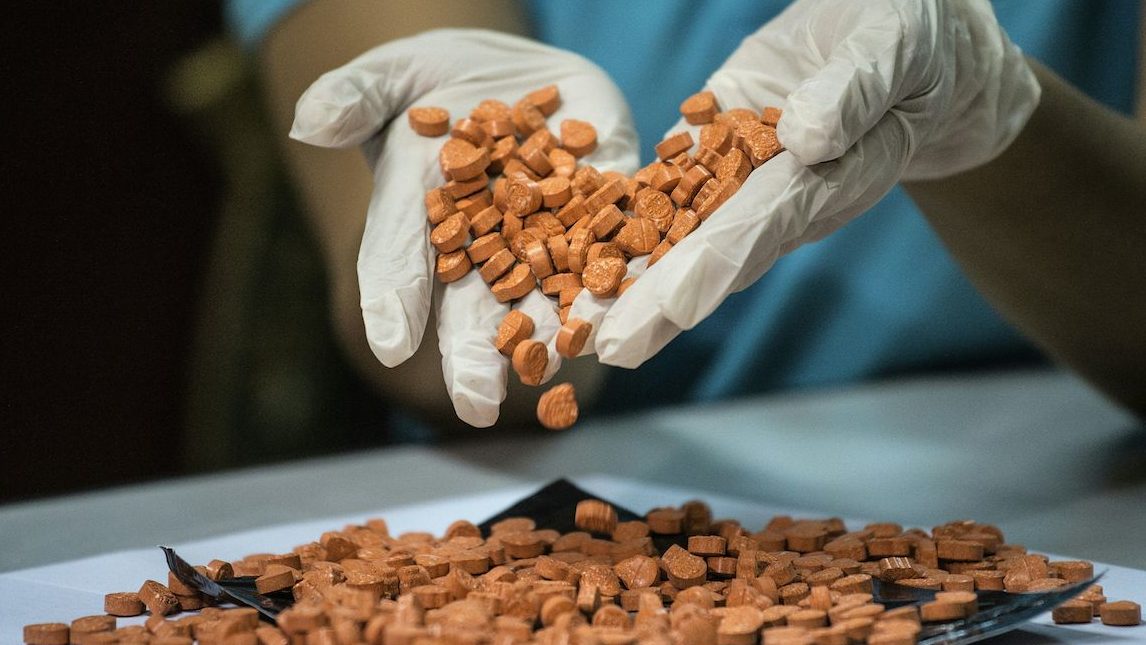
Post-traumatic stress disorder (PTSD) is believed to affect roughly eight percent of people at some point in their lives. Understandably, the rates are much higher among veterans, since they’re more likely to be exposed to traumas. Up to 20 percent of those who served in Operations Iraqi Freedom (OIF) and Enduring Freedom (OEF) have PTSD in a given year. The U.S. Department of Veterans Affairs notes symptoms may include nightmares and flashbacks. This, in turn, can lead to being “jittery, or always alert and on the lookout for danger” and may make it impossible to sleep or concentrate. Clearly, a cure for PTSD would be a blessing for our armed forces, and there is speculation it may come through the drug ecstasy.
The FDA has green lit a Phase 3 clinical trial for ecstasy, best known as a “party drug,” marking the final stage of testing before it can be submitted for approval as a prescription drug. Small-scale studies have already been conducted, and there will be large-scale trials of it as well.
Using ecstasy, which is illegal in the United States, is not without some risk. MDMA (or 3,4-methylenedioxy-methamphetamine, also known as ecstasy or Molly, is a synthetic drug that the National Institute on Drug Abuse says produces “feelings of increased energy, pleasure, emotional warmth, and distorted sensory and time perception.” Understandably, this has the potential to free PTSD sufferers from their anxieties.
However, there is also a high risk for abuse. Ecstasy, taken to excess, causes problems that the NIDA notes range from “depression” to a “spike in body temperature that can occasionally result in liver, kidney, or heart failure, or even death.”
Many experts still believe the potential benefits outweigh the risks. Dr. Charles R. Marmar, the head of psychiatry at New York University’s Langone School of Medicine and a specialist in post-traumatic stress disorder, acknowledges we should be “cautious” as well as hopeful. He nonetheless asserts the rewards are worth exploring: “If they can keep getting good results, it will be of great use.”
To read more about what could be an unexpected breakthrough for our soldiers, click here. To learn more about PTSD, click here. To get an insight into the challenges of living with PTSD, watch the video below.
The Charge will help you move better, think clearer and stay in the game longer. Subscribe to our wellness newsletter today.

























